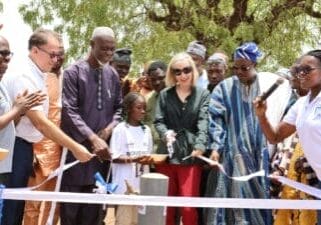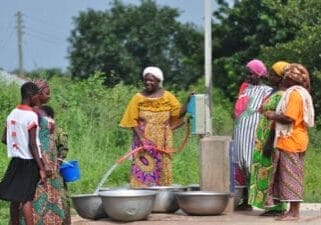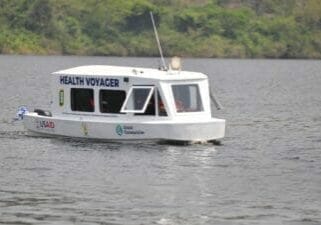News > Blog
Tackling Sewage Issues in Northern Gaza for Healthier Homes and Neighborhoods
Published 08/09/2023 by Global Communities
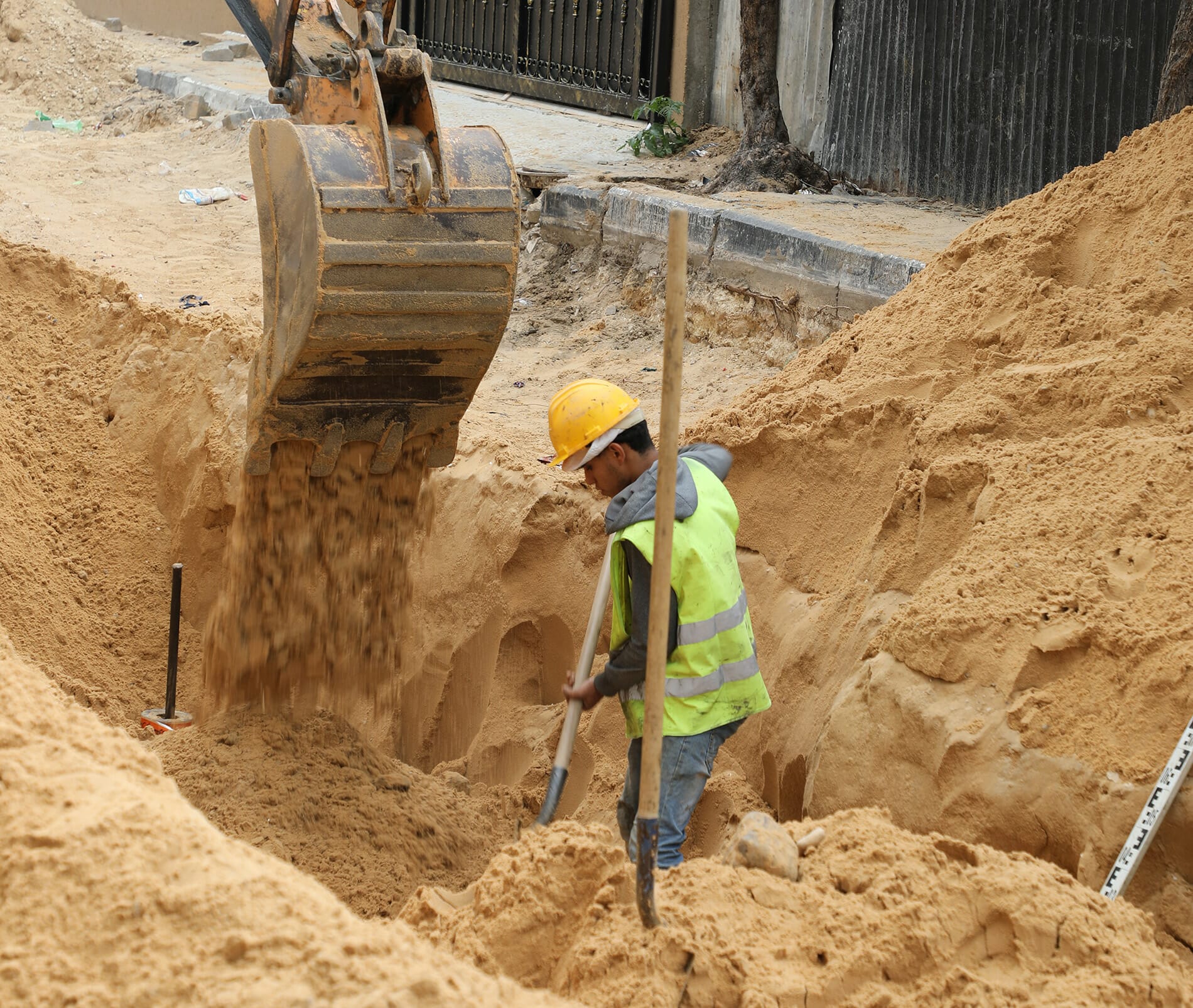
By Nour Zaqqout
For years, Rami*, his four children, eight married brothers and other extended family have lived in a building plagued by chronic sewage issues in the Beit Lahia area of northern Gaza. No matter the season, leaking pipes, blockages and frequent manhole flooding have inconvenienced the residents and posed serious health risks.
During the winter months, heavy rains wreaked havoc on the drainage infrastructure. Flooded manholes became breeding grounds for mosquitoes and other insects and emitted foul odors that made it difficult for people to enjoy outdoor activities. The lack of proper drainage also left residents vulnerable to property damage and safety hazards.
Over the summer months, the absence of rain did not alleviate the situation, as the high use of water put pressure on the already strained sewage system. Additionally, frequent repair work and maintenance led to significant costs for residents.
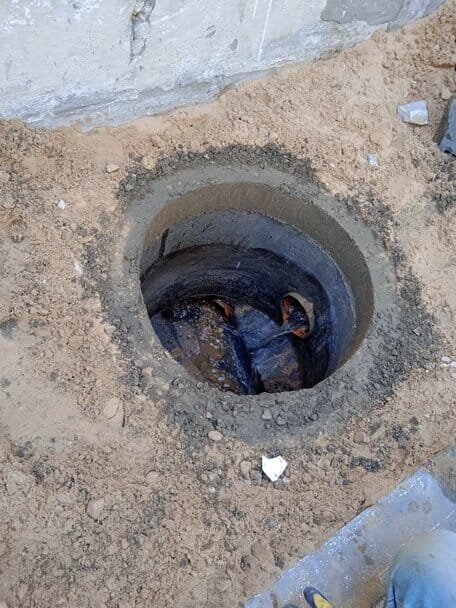
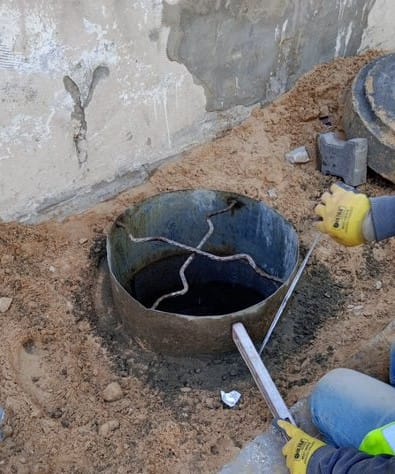
To help address these issues and improve the quality of life for people in the area, Global Communities leveraged our technical expertise and resources to create sustainable solutions through the Gaza Household Water, Sanitation and Hygiene (WASH) Activity. The program, which is implemented in partnership with Bayader for Environment and Development and Beit Lahia Development Association, ultimately aims to increase access to reliable WASH facilities and services for more than 132,000 people in the Gaza Strip.
Under this endeavor, Global Communities took several actions to improve the drainage and sewage systems in Beit Lahia, including upgrading the pipes and increasing the capacity of the manholes to better handle the wastewater volumes. The program also replaced old sewage lines with new ones that are specifically designed to handle the high population density of the building.
“With the right efforts, change can be driven even in the most daunting circumstances.”
Rami, Beit Lahia resident
“We no longer have to deal with the inconvenience of a faulty sewage system,” Rami said. “… The new lines are more durable and do not require regular cleaning, as was the case with the old ones.”
During the system upgrade process, it became evident that the existing pipe size was insufficient to meet the community’s need, resulting in the main sewer line overflowing and causing flooding issues. To tackle this problem, the team took a proactive approach and successfully implemented a 10-inch larger-sized pipe that could better accommodate the current population. Additionally, the size of the local residential street-level pipe was increased to 250 millimeters (mm), and household connections were upgraded to 160 mm. To help prevent major disruptions for residents while construction was taking place, the crew temporarily disconnected the network when people were not using water during the day.
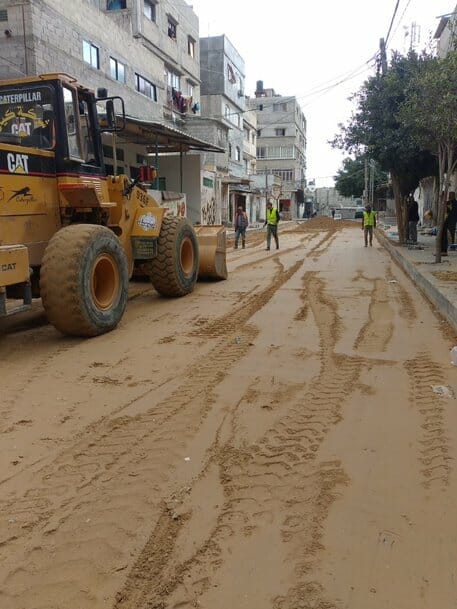
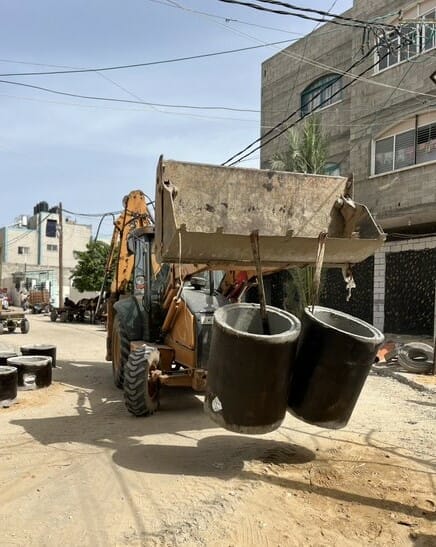
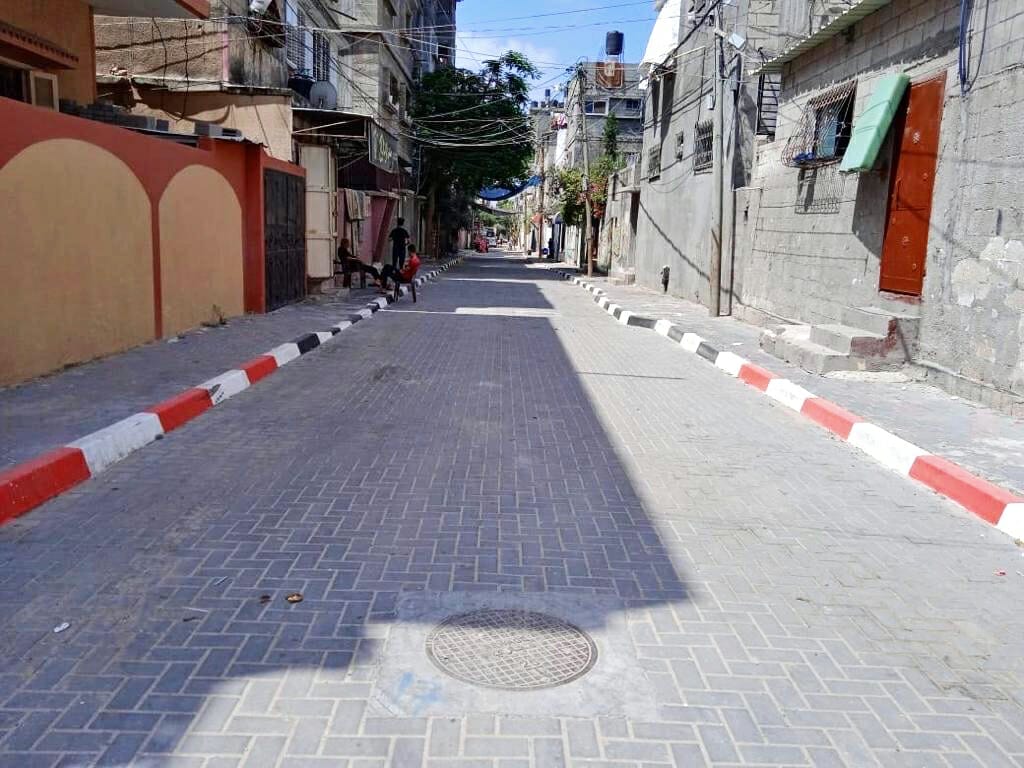
According to Ahmed Mohsen, a Projects Coordinator at Beit Lahia Development Association, the project was a resounding success.
“It enhanced the sewage system’s capacity, allowing it to handle a larger volume of wastewater and reducing the likelihood of future flooding incidences,” he said.
Rami, once burdened by the inconvenience of a faulty sewage system, now is comfortable with the significant improvements brought about by the Gaza Household WASH Activity.
“With the right efforts, change can be driven even in the most daunting circumstances,” he said.
Read more about Global Communities’ work to repair and rebuild critical infrastructure in the West Bank and Gaza.
*Name has been changed to maintain confidentiality.



